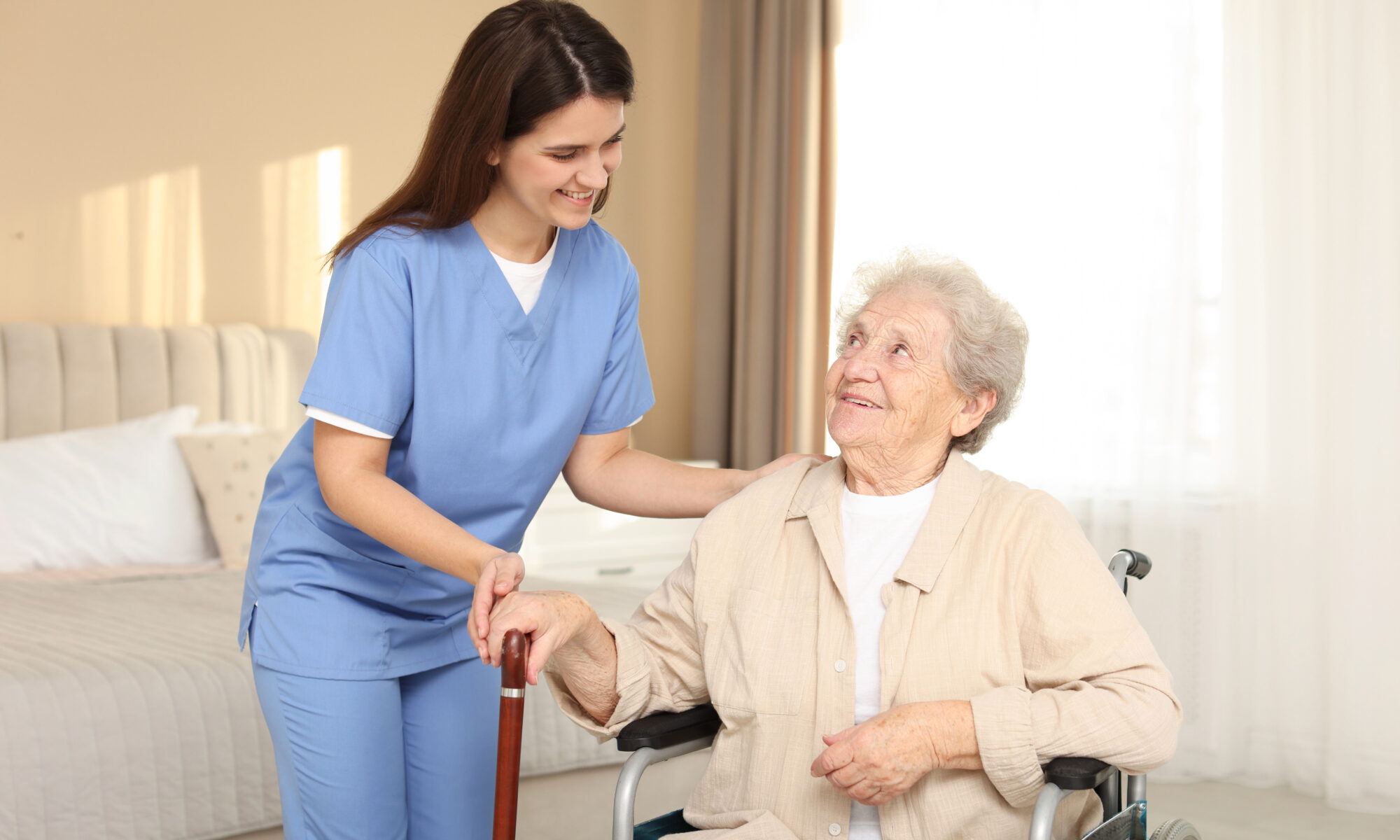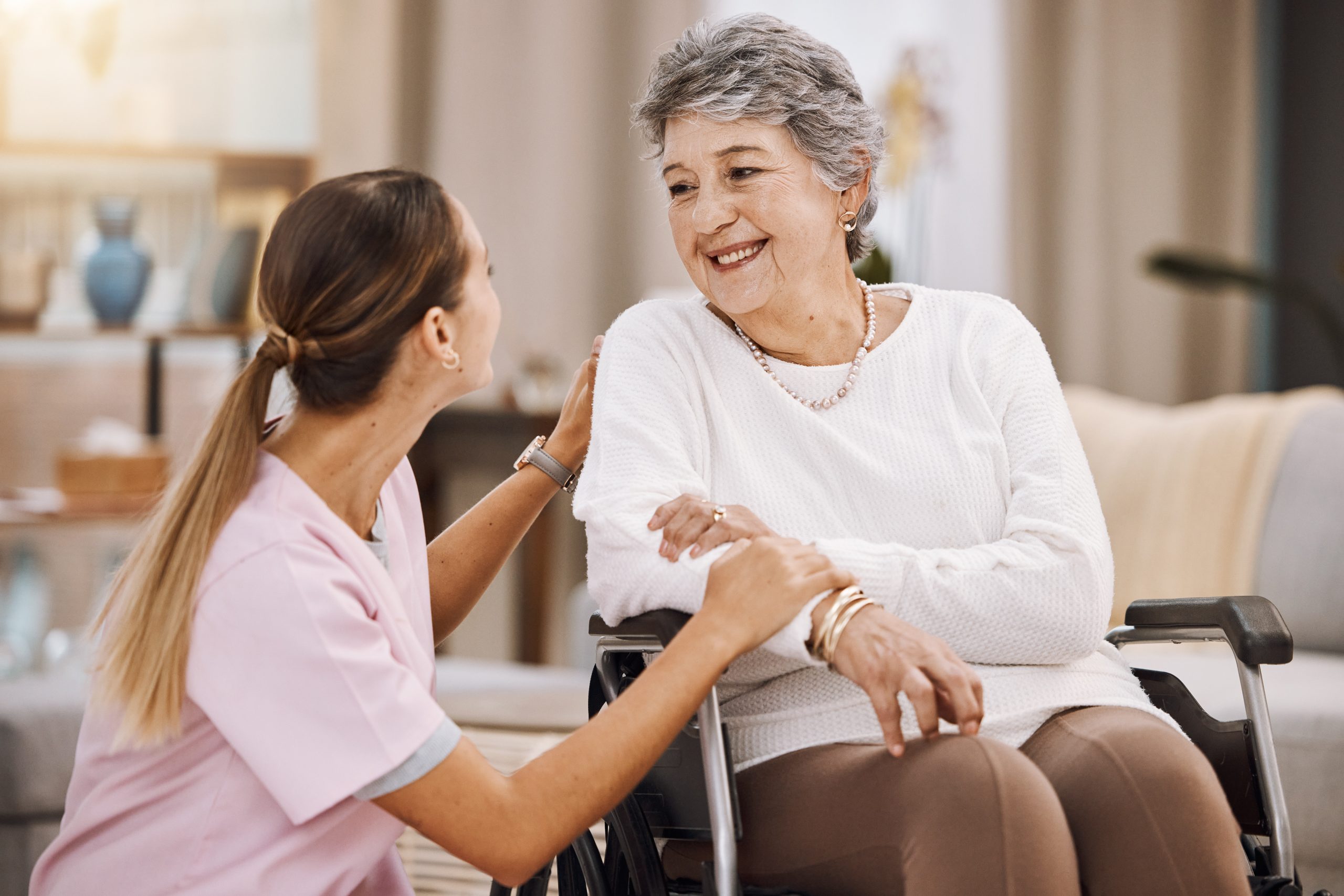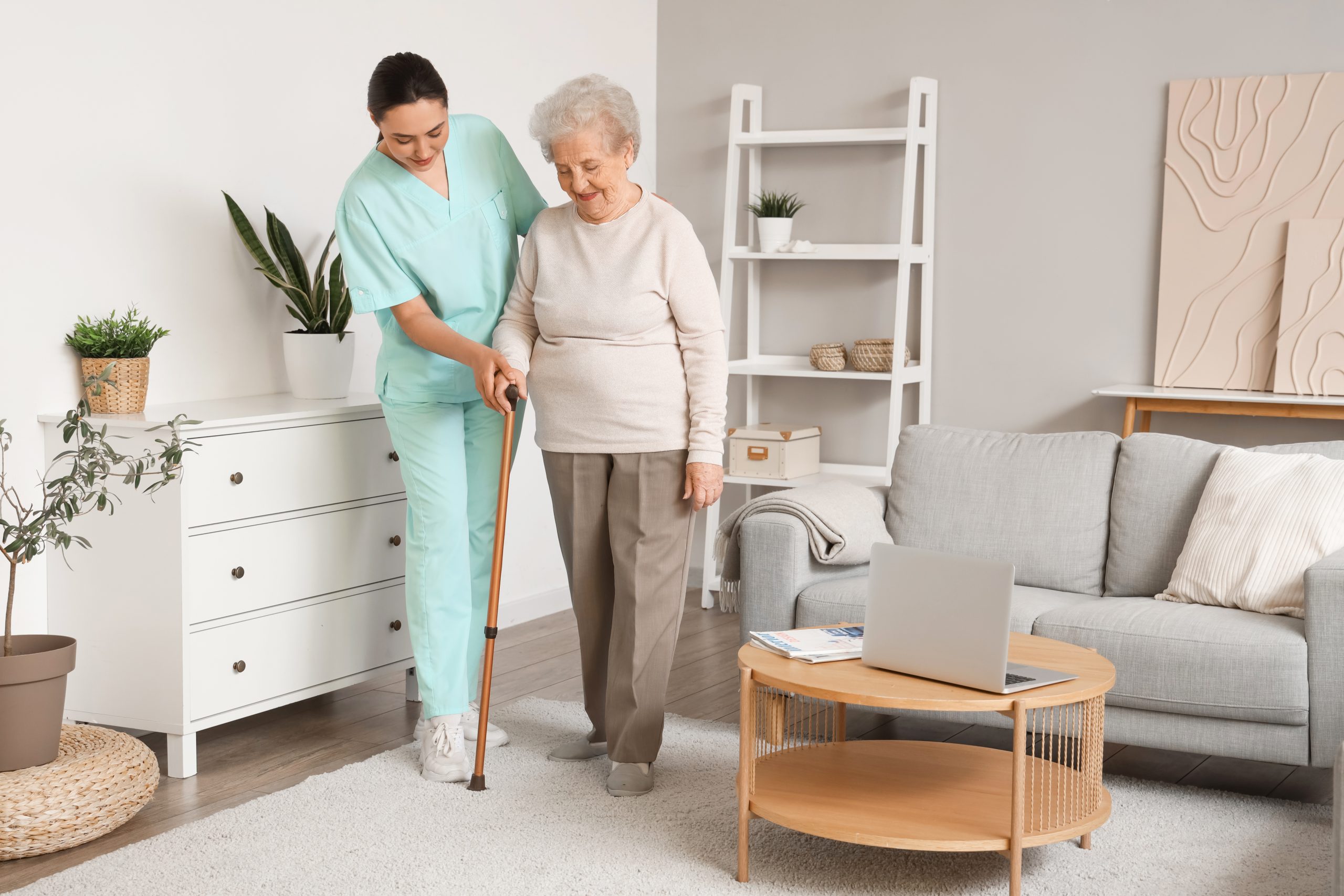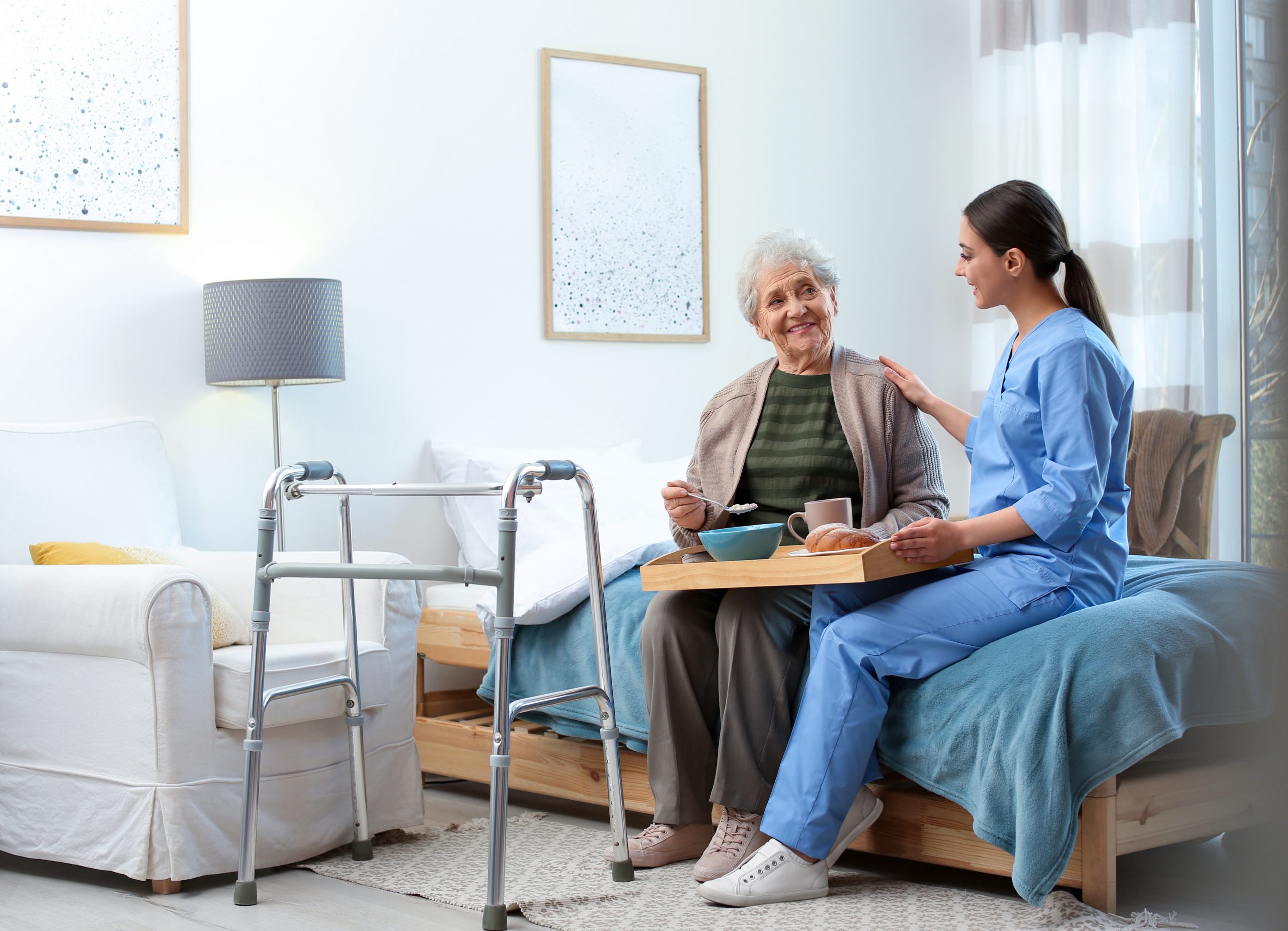
Table of Content
Surgery can be a challenging experience, particularly for seniors, who often need extra care and support during their recovery. Ensuring a smooth transition back home with the right resources and assistance can make a significant difference in healing and overall wellbeing. Below, we explore key aspects of providing effective support for seniors recovering after surgery at home.
Create a Comfortable Recovery Space
One of the first steps to helping a senior loved one recover effectively after surgery is setting up a safe and comfortable recovery environment. Here’s how to create the ideal space:
- Choose a central location – Set up the recovery area on the main floor, especially if your loved one’s mobility is limited.
- Ensure proper lighting – Bright and even lighting reduces the risk of falls and makes it easier to read or engage in activities.
- Add necessary equipment – Depending on the surgery, your loved one might benefit from items like a hospital bed, bedside commode, or mobility aids like walkers.
- Remove hazards – Clear walkways, secure rugs, and ensure all surfaces are nonslip. Safety is paramount.
A comfortable recovery space not only ensures physical safety but also fosters peace of mind.
Hiring a professional caregiver is another great way to support your parent’s recovery process. Elder care providers can benefit aging adults in a variety of ways. From cooking nutritious meals to offering timely medication reminders, the dedicated caregivers at Assisting Hands Home Care are available to help your elderly loved one 24 hours a day, 7 days a week.
Monitor Health and Vital Signs
Post-surgery, seniors often require consistent monitoring to track their progress and detect any potential issues early. Here’s what to focus on when providing medical oversight at home:
- Track medications – Create a regimen for medications, including timing and dosages, to avoid missed or doubled doses.
- Watch for signs of complications – Be vigilant for symptoms like fever, swelling, redness, or unexpected pain that may indicate complications.
- Schedule follow-ups – Regularly attend medical follow-ups to ensure recovery is on track.
- Maintain records – Keep track of vital signs, such as blood pressure or blood sugar, as advised by a healthcare provider.
Proper health tracking reassures both caregivers and seniors of steady recovery progress.
Encourage Mobility and Physical Therapy
Movement is crucial in the recovery process, especially to prevent complications like blood clots or muscle weakening. Encourage the following mobility-focused steps with a healthcare provider’s approval:
- Follow physical therapy routines – Work with a professional physical therapist to guide exercises that are safe and beneficial.
- Promote gradual movement – A short walk around the house or gentle leg movements can go a long way toward boosting circulation.
- Use mobility aids – Canes, walkers, or wheelchairs, as needed, provide the necessary support and prevent strain or injuries.
- Celebrate small milestones – Positive reinforcement can motivate your loved one to keep working on mobility.
Physical activity within safe limits plays a vital role in increasing strength and speeding recovery.
A professional caregiver can help your loved one exercise safely at home. In Columbia, respite care is a great help to many families. Caring for a senior loved one can be overwhelming at times, which puts family caregivers at risk for burnout. However, an in-home caregiver can take over your loved one’s care, allowing you the time you need to focus on your own health, maintain a full-time job, or care for other members of your family.
Offer Nutritional Support
Good nutrition is a pillar of recovery. Seniors need a balanced diet to regain strength and heal properly after surgery. Consider these nutritional priorities when supporting your loved one’s recovery:
- Include protein-rich foods – Protein aids in tissue repair and building strength after surgery.
- Focus on hydration – Encourage ample water intake to prevent dehydration, which can complicate recovery.
- Add vitamins and minerals – Incorporate foods rich in vitamins like C and D as well as calcium to aid healing.
- Follow dietary restrictions – Be mindful of specific dietary needs related to the surgery, such as low salt or low sugar for certain conditions.
Meal planning or enlisting a nutritionist can significantly boost overall healing and energy levels.
Provide Emotional and Social Support
Recovering after surgery can be both physically and emotionally taxing for seniors. Providing care that addresses emotional wellbeing is as crucial as physical recovery.
- Spend quality time together – Simply being present and engaging in conversations can reduce feelings of isolation.
- Join support groups – Connecting with others who have undergone similar surgeries can boost morale and offer practical advice.
- Encourage hobbies – Reading, knitting, doing puzzles, or listening to music can keep the mind stimulated and happy during recovery.
- Be patient – Recovery takes time, and seniors may need extra emotional reinforcement during setbacks.
Building a supportive and reassuring environment helps seniors maintain a positive outlook, which benefits healing.
Seniors recovering at home after surgery often need help with the activities of daily living. Not every senior has the same care needs, which means they don’t all need the same type of senior care. Columbia families can rely on Assisting Hands Home Care to provide individualized care plans to meet their elderly loved ones’ unique care needs. Our caregivers help seniors focus on healthy lifestyle habits such as eating nutritious foods, exercising regularly, and maintaining strong social ties, and we offer mentally stimulating activities that can boost cognitive health and delay the onset of dementia. To learn about our high-quality in-home care options, give us a call today.








